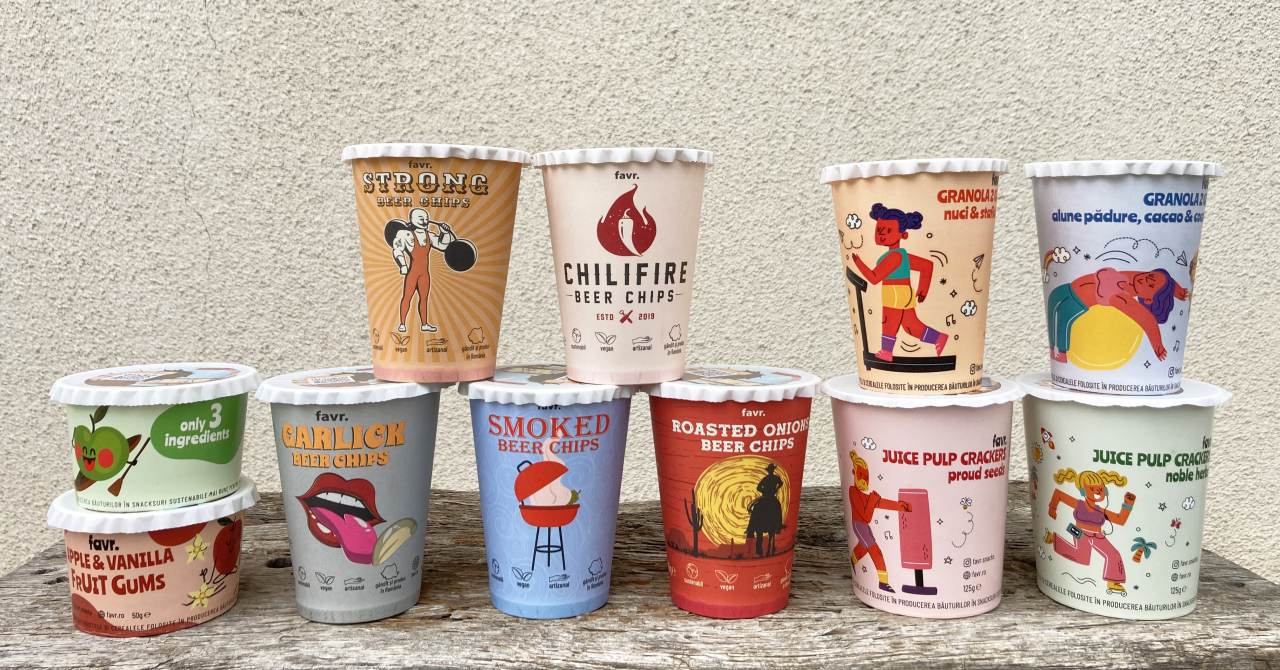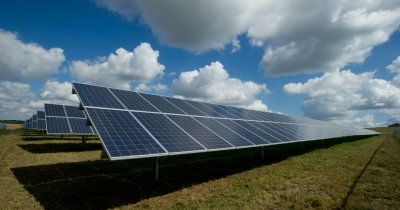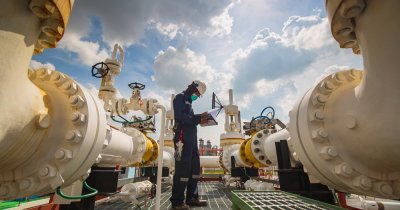Food waste has a significant negative impact on the planet. Food decomposition is one of the main sources of methane, a greenhouse gas that contributes over 80 times more than CO2 to climate change in a 20-year Global Warming Potential (GWP).
The avoided emissions of favr. vary depending on the content of upcycled materials, reaching on average 40% of the product's carbon footprint, due to the transformation of fruit pulp and beer malt into ingredients and waste avoidance.
The results of favr. products should be considered in two stages. In the first stage, the total analysis of carbon emissions in all stages of the life cycle shows that over 50% of the carbon footprint derives from production, with an emphasis on energy consumption in processes such as drying and raw material acquisition.
The second stage highlights avoided emissions, with a significant impact. By locally sourcing raw materials, which were initially destined for waste, favr. does not contribute to greenhouse gas emissions. This practice generates significant avoided emissions, saving food products from degradation and reducing environmental impact.
Founded in 2018, favr. is committed to creating better snacks for people and the planet. With recipes developed through proprietary methods, favr. uses secondary raw materials, giving new life to fruit pulp and malted barley. The company collaborates with local producers and promotes a 100% Romanian concept. More details about favr. are available on favr.ro.
Mathieu Gregori, founder and president of ECONOS, favr.'s partner in carbon footprint assessment, said that "the approval of the third-party verification from Global Carbon Point on the first attempt proved the rigor and accuracy of our evaluations."
Five years after its launch, the innovative strategy of using secondary raw materials, derived from beverage production, has yielded tangible results: favr. products save 84 g of CO2e per 100 g of product. Favr. thus becomes the first snack company in Romania to conduct Life Cycle Assessment (LCA) of its products, highlighting its commitment to sustainability.
Alexandru Cristinoi, the founder of favr., stated that "In 2018, we started with the idea that we can make better snacks for ourselves and for the environment by reintroducing fruit pulp and malt from beer into the food chain, which are by-products of beverage production. Thus, we are able to offer products with significantly improved nutritional values and, at the same time, reduce the negative impact on the environment. Calculating the carbon footprint comes as a clear validation that using the remaining raw materials from the production of natural juices and beer, which would otherwise have been discarded, has a beneficial impact on the environment".
Global Carbon Point is a label that certifies that the carbon footprint of a product has been calculated according to standards, with data audited by a third party with appropriate diligence. Each certified product receives a unique code. An online platform indexing all certified products is currently in development.
In addition to this notable achievement, favr. continues to strengthen its commitment to the environment and promote a sustainable model in the snack industry. Through constant innovation and partnerships with local beverage producers, favr. demonstrates not only a concern for carbon footprint but also a long-term vision of how products can be designed, manufactured, and consumed sustainably
"We aim to make favr. products available to the widest possible audience in 2024 through presence in large retail chains. We believe that success in the food industry can go hand in hand with responsibility for the planet and the community," concluded Alexandru Cristinoi.
 Mihai - Cristian Ioniță
Mihai - Cristian Ioniță












Any thoughts?